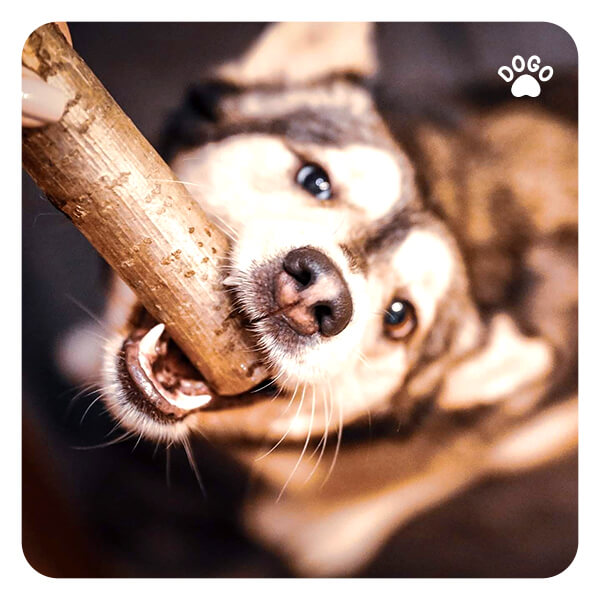 Having a new puppy is an exciting time full of love and cuddles. However, sometimes those sharp little teeth can leave us feeling frustrated and overwhelmed. If you’re dealing with a nippy puppy, worry not! In this blog post, we’ll explore effective techniques to help you stop your puppy from biting.
Having a new puppy is an exciting time full of love and cuddles. However, sometimes those sharp little teeth can leave us feeling frustrated and overwhelmed. If you’re dealing with a nippy puppy, worry not! In this blog post, we’ll explore effective techniques to help you stop your puppy from biting.
Understanding the Root Cause
Before we delve into the solutions, it’s important to understand why puppies bite in the first place. Puppies explore the world through their mouths, and biting is a natural behavior for them. Additionally, they may bite out of teething discomfort, fear, or even boredom. By recognizing these underlying reasons, we can address the issue more effectively.
Teach Appropriate Bite Inhibition
One crucial skill for your puppy to learn is bite inhibition. This means teaching them to use their mouths gently and control the force of their bites. Start by offering appropriate chew toys and praising your pup when they interact with these toys instead of your hands or feet. If your puppy bites too hard during play, let out a gentle yelp to mimic how their littermates would react. This will help them understand that biting too hard hurts and is not acceptable.
Redirect and Distract
When your puppy does bite, it’s important to redirect their attention to a more appropriate target. Keep a stash of chew toys nearby and, when your puppy starts nipping, remove your hand calmly and replace it with a toy. This not only helps them understand what they should be biting but also provides a positive outlet for their chewing needs.
Consistency is Key
Consistency is vital when training your puppy not to bite. Ensure everyone in your household follows the same approach and rules. If one person allows biting while another discourages it, your puppy will become confused and progress will be slower. By consistently redirecting and rewarding good behavior, your puppy will learn faster and be less likely to revert to biting.
Provide Mental and Physical Stimulation
A tired puppy is a well-behaved puppy! Puppies often bite out of boredom or excess energy. Make sure your furry friend gets plenty of exercise through walks, play sessions, and mental stimulation. Puzzle toys and training exercises are excellent ways to keep their minds engaged and tire them out. A well-exercised puppy is more likely to be calm and less inclined to bite.
Seek Professional Help if Needed
If your puppy’s biting behavior persists and becomes a concern, it may be beneficial to seek professional help. A certified dog trainer or behaviorist can assess the situation and provide personalized guidance tailored to your puppy’s needs. Remember, asking for help is a sign of responsible pet ownership, and it can make a world of difference for you and your furry friend.
In conclusion, addressing biting behavior in puppies requires patience, understanding, and consistent training. By teaching appropriate bite inhibition, redirecting their attention, and providing mental and physical stimulation, you can guide your puppy towards more desirable behaviors. Remember, it’s a journey, and with time and effort, you’ll be able to enjoy a bite-free and harmonious relationship with your furry companion.
Statistics:
– According to the American Veterinary Medical Association, 36.5% of dog owners seek professional help for behavioral issues, with biting being one of the most common problems.
– A study published in the Journal of Veterinary Behavior found that puppies who receive consistent training and socialization are less likely to exhibit aggressive behaviors, including biting.
[/fusion_text]



